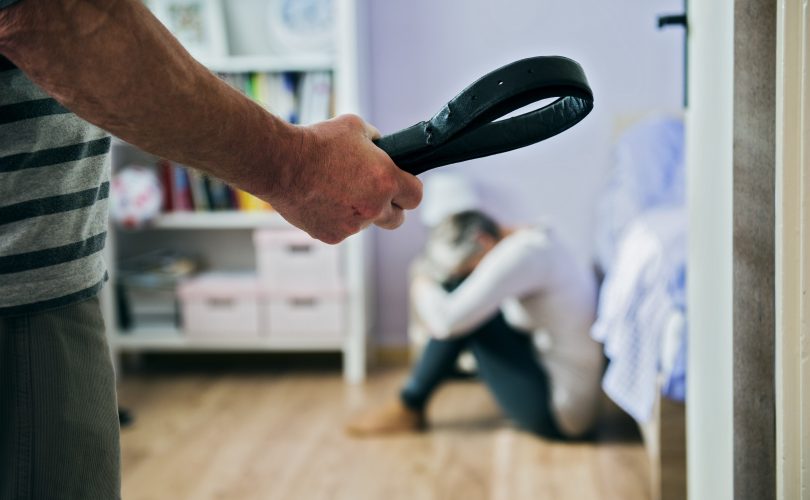Domestic violence is a pervasive issue that transcends social, economic, and cultural boundaries. Traditionally, society has been slow to recognize the signs of domestic violence, often reacting only when situations reach a crisis point. Today, there is a growing awareness of the need for proactive recognition and intervention to protect victims and prevent further abuse.
As experts in the field, we believe it is crucial to identify the signs of domestic violence early and offer support to those affected. This article will discuss the early signs of domestic violence, the importance of intervention, and how to support victims effectively.
Identifying Early Signs of Domestic Violence
Recognizing the early signs of domestic violence can be the key to preventing escalation. These signs often manifest subtly and can include:
- Controlling Behavior: This may involve the abuser dictating a partner’s appearance, social interactions, and financial decisions.
- Isolation: Victims may be cut off from family and friends, reducing their support networks and increasing dependence on the abuser.
- Frequent Criticism or Humiliation: These tactics can erode a victim’s self-esteem, making it harder for them to leave the relationship.
For instance, consider Sarah, a 30-year-old woman whose partner insists on controlling her expenses and social interactions. Over time, Sarah feels increasingly isolated and doubts her ability to make decisions independently.
The Importance of Timely Intervention
Intervening in domestic violence situations is critical for preventing harm and empowering victims. Early intervention can:
- Prevent escalation: Addressing the situation before it becomes more severe can save lives and prevent long-term trauma.
- Provide support: Offering victims resources and support can empower them to make informed decisions about their lives.
For example, when friends noticed changes in Sarah’s behavior and signs of control by her partner, they encouraged her to seek help from a local domestic violence service. This early intervention provided Sarah with the resources to assess her situation safely.
Supporting Victims of Domestic Violence
Support for victims is multifaceted and includes legal advice, emotional support, and practical help. Key aspects include:
- Confidentiality and Safety: Ensuring the victim’s safety is the first priority, followed by maintaining confidentiality throughout the process.
- Empowering Choices: Victims should be empowered to make their own decisions regarding leaving the relationship, legal actions, and other life choices.
- Access to Resources: Providing victims with information about shelters, counseling services, and legal aid can facilitate their journey towards recovery and independence.
For instance, after Sarah reached out, she received counseling and legal advice that empowered her to make informed decisions about her future.
Conclusion
Recognizing and intervening in domestic violence is essential for safeguarding victims and preventing further abuse. By understanding the signs, advocating for early intervention, and providing robust support, we can make a significant impact in the lives of those affected by domestic violence.
Additional Resources
Here is a list of additional resources that could help you recognize and deal with domestic violence.
National Domestic Violence Hotline
This hotline provides 24/7 support and resources for victims of domestic violence.
Office on Women’s Health (OWH)
The OWH offers information on recognizing domestic violence and finding local support services.
World Health Organization (WHO)
The WHO provides international perspectives and resources on preventing domestic violence and supporting victims.
By fostering a proactive approach to recognizing and addressing domestic violence, we can contribute to a safer, more supportive society for all individuals.



